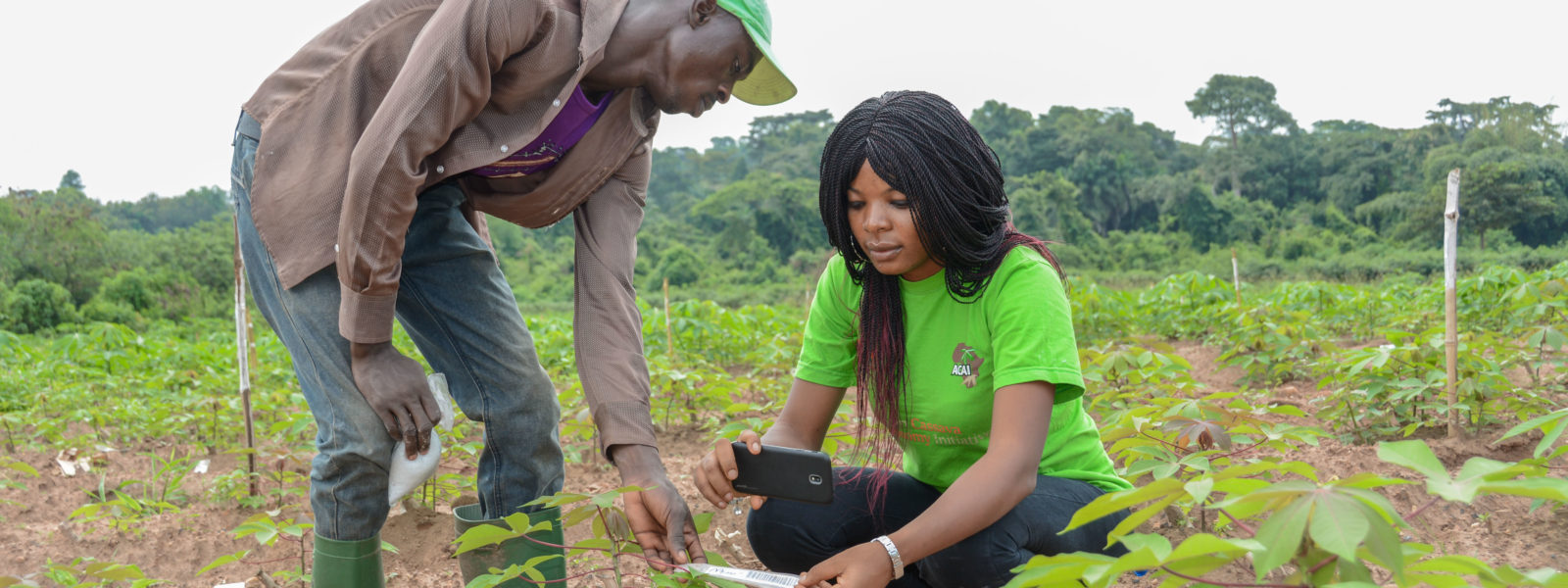Decision-support tools being piloted in Nigeria and Tanzania can help cassava growers decide if agronomic recommendations will be profitable under their local conditions.
Crop yields in Africa are often limited because farmers and extension agents lack reliable agronomic recommendations that are tailored for their local conditions. For example, judging the most effective quantity of fertilizer depends on knowing fertilizer and labor costs, expected weather, soil type, cropping history and past soil management. Crops in different locations may respond to fertilizer in different ways. Or, the market may reward farmers with high crop prices in one area, but not in another. As a result, farmers may not be able to judge if an investment is worthwhile before trying it.
Since 2016, the African Cassava Agronomy Initiative (ACAI), a project managed by the International Institute of Tropical Agriculture (IITA) in partnership with national and international research institutes, universities, development organizations and the private sector, has developed tools to support cassava growers and extension agents in Nigeria and Tanzania to make decisions by tailoring investments in agronomic practices to farmers’ local conditions, maximizing profits.
 Continue reading the story in the RTB 2017 Annual Report: From science to scaling.
Continue reading the story in the RTB 2017 Annual Report: From science to scaling.
